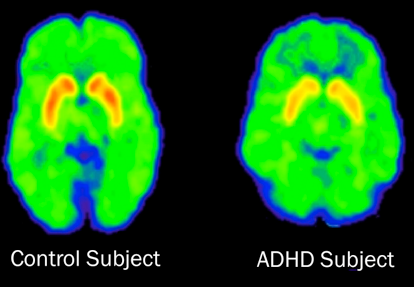Jerry Maguire and the Fallout of the 'Complete Me' Game



The fact that people change how they act once they get into a relationship is a common phenomenon. Both men and women do this, albeit in different ways. Though men and women may have similar reasons for acting different at the beginning, there are also reasons unique to men which I touched on last week. Another trap men fall into includes BOTH men who acted different in the beginning of a relationship AND men were confident enough to be themselves from the beginning. That trap is Complacency.

Often, once a relationship has been established, or developed into a somewhat long-term relationship women will often complain, "I don't know what happened. He changed." This change people make once in a relationship comes in many forms.
The biggest problem I have observed, which I will focus on in this blog, is that men often believe they have to put up a front when meeting women or dating in order to create a specific impression that will generate attraction. Once in the relationship, men then let their guard down and believe, "Phew, now I can finally relax and be myself."
There are three problems with this.
1) this implies that these men think that they cannot be attractive without pretending they are someone they are not.

Discussions on other forums made me realize I needed to add one piece to my post about men being clear with their intentions. Some men are not upfront about their intentions because they are shy, anxious, or preoccupied about being rejected, and play it safe. Some men are not upfront because they think that no woman would want to just have sex, and by not saying anything they can fly under what they think is the "constant surveillance for a relationship" radar of all women. Some men who want a relationship with a woman are afraid to explicitly say so because the woman has said that she only wants something casual, and silently suffer through heartache hoping the woman will come around in time.

Another common complaint I hear from men is that they cannot tell if the women they're interested in like them or not. The insinuation is usually either that women are difficult because they are not more direct. If this is something that rings true to you, consider that the problem may be you and not them.
An all too common complaint I hear from men when it comes to dating is "It's so much easier for women." I might have used to sympathize, but my experience and maturity has led me to believe that this statement is bulls--t. More than anything this is used as an excuse to avoid the anxiety that comes with learning and personal growth. Yes, it is easier for a woman to get laid. But, how do you think a woman feels when constantly having to determine whether this man who is showing her so much attention, saying all of these exorbitantly flattering things to her, is being truthful or just trying to get into her pants?
As of late I have been focused on pointing out the pitfalls of negative thinking, particularly how it holds you back from reaching your true potential. In conversation I've noticed this message has been misinterpreted as waging a full scale attack on negativity. When I speak about being positive, it is not to say that one should not be experiencing negative feelings, or eradicating negative thoughts. Negative feelings are a healthy, natural part of life. To feel angry, annoyed, frustrated, etc. are all ways in which our emotions signal us to pay attention to problems we need to address in our lives. Problems arise when this negative vibration becomes ingrained in habit and persists as a low grade humming in your daily life below your radar.
First it is important to identify non-constructive forms of negativity as they apply to men (some of these can be applied more generally):


I can't emphasize enough how important it is to identify folks with ADD/ ADHD, children AND ADULTS alike. Let me put a few facts down here on the blogosphere that encompass the social, emotional, and educational impact of ADD/ADHD:
The Social

If you have a tendency to depend on the outcome you want to feel good, simply put you are making others responsible for how you feel. You end up carrying water for others and resenting them when they don’t automatically return the favor. People pleasing or entertaining people with the expectation that they are obliged do the same for you will never result in happiness. Maybe for a short while, but that sort of happiness will soon evaporate into the ethers. You will end up exhausted, bitter, and will start carrying a chip on your shoulder. This is especially devastating to romantic relationships.